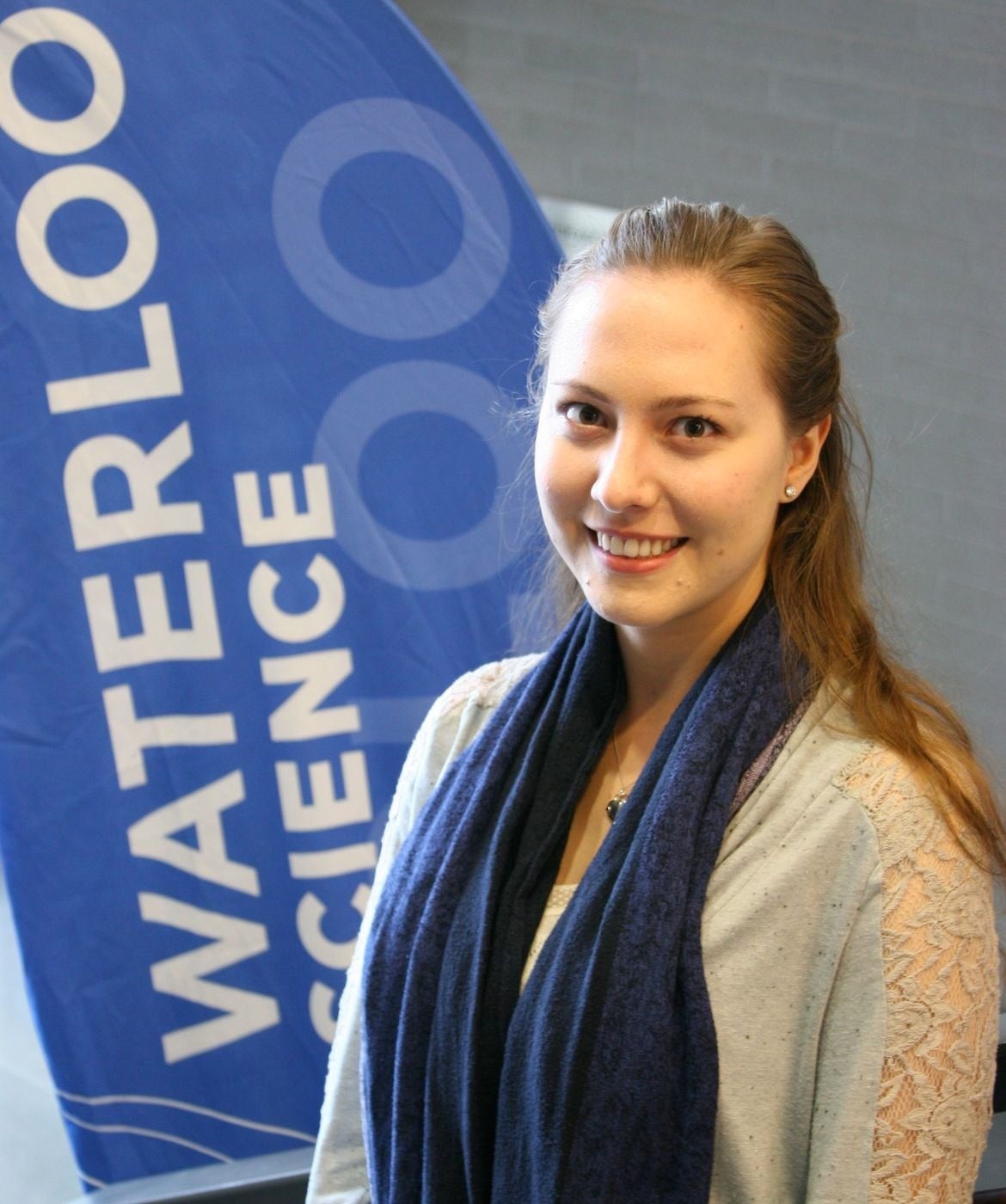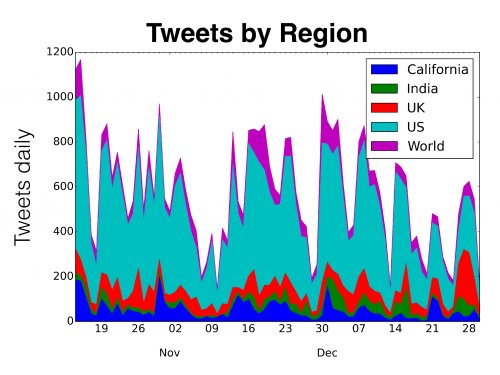Ekaterina defends her PhD!



Philippe spent two days at the Great Lakes Institute for Environmental Research (GLIER) as a member of the external Review Committee (December 5-6, 2016). The site visit included tours of the facilities and meetings with university administrators, GLIER faculty members, graduate students and staff. GLIER is a graduate research and training institute at the the University of Windsor.
The Water Institute has awarded Seed Grant Program funding to five research proposals. Members of the Ecohydrology Research Group are involved in two of funded projects:
Philippe gave the inaugural seminar of the Laurier Institute for Water Science (LIWS) Seminar Series. LIWS is a multidisciplinary, collaborative undertaking focusing on both Canadian and global water issues, including the effects of climate change, the sustainability of healthy aquatic and coastal ecosystems, and the development of regulations and policy related to water use.
Contact: Professor Jim McGeer, LIWS Director
In a new paper published in Journal of Geophysical Research: Oceans, Ecohydrology group members, Helen Powley and Philippe Van Cappellen, and collaborator Michael Krom, report on the sensitivity of dissolved oxygen distributions within the Mediterranean Sea to future climate driven changes in its thermohaline circulation. The results indicate that the oxygenation of the Mediterranean Sea is quite resilient to the projected changes in circulation.
Dr. Christina Smeaton and Dr. Nandita Basu were invited to give talks at this year's annual Farvolden seminar series. Dr. Smeaton's talk was entitled: "Living on the energetic edge: Predicting microbial growth in low energy environments" and Dr. Basu presented "Down Under: The Critical Role of the Subsurface in Controlling Surface Water Pollution".
Master's students Elaine Secord and Christine Ridenour presented their 3-minute theses.
The 54th Meeting of the University Consortium for Field Focused Groundwater Research was held at Colorado State University in Fort Collins, Colorado, October 12-13, 2016.Fereidoun gave a talk entitled “Groundwater table fluctuation zone: A hot-spot for biogeochemical activities”, with co-authors Tatjana Milojevic, Adrian Mellage, Geertje Pronk and Philippe Van Cappellen.

The findings were summarized on the Water Institute's blog.
The Government of Canada awarded $78 Million through the Canada First Research Excellence Fund to support the Global Water Futures (GWF) research program, led by the University of Saskatchewan.